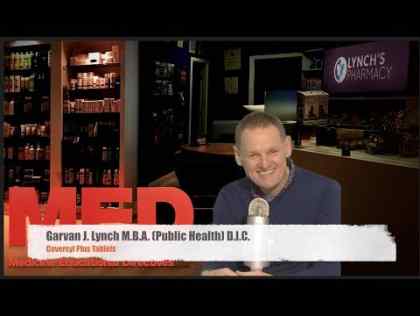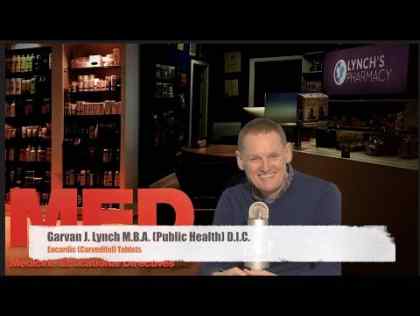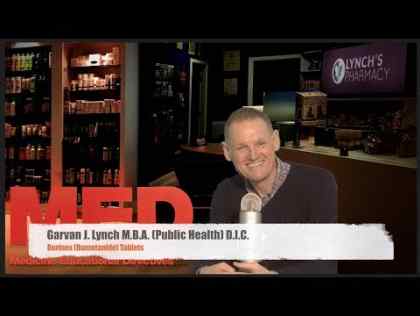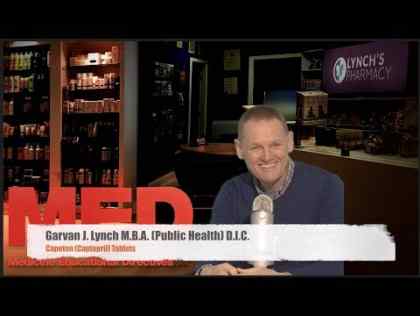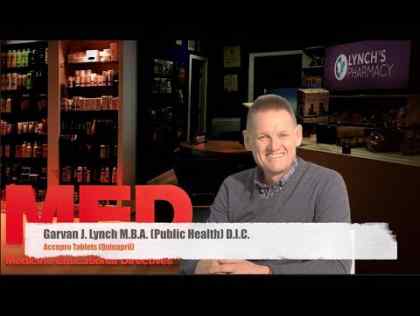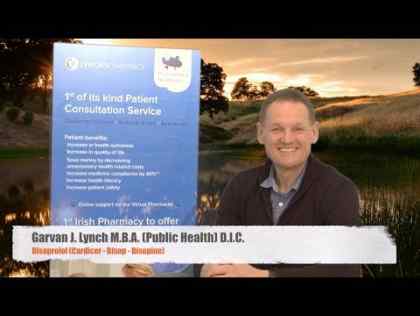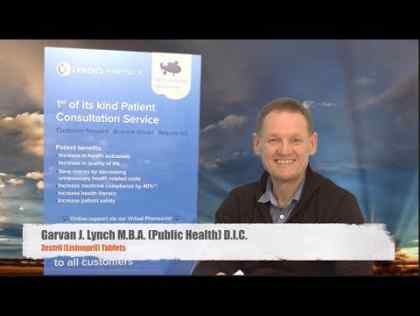
What is it?
- Heart failure, also known as congestive heart failure (CHF), means your heart can't pump enough blood to meet your body's needs. Over time, conditions such as narrowed arteries in your heart (coronary artery disease) or high blood pressure gradually leave your heart too weak or stiff to fill and pump efficiently.
- You can't reverse many conditions that lead to heart failure, but heart failure can often be treated with good results. Medications can improve the signs and symptoms of heart failure.
Symptoms
Heart failure can be chronic — meaning your condition is ongoing — or acute, meaning your condition has started suddenly.
Chronic heart failure symptoms
- Shortness of breath (dyspnea) when you exert yourself or when you lie down
- Fatigue and weakness
- Swelling (edema) in your legs, ankles and feet
- Rapid or irregular heartbeat
- Reduced ability to exercise
- Persistent cough or wheezing with white or pink blood-tinged phlegm
- Swelling of your abdomen (ascites)
- Sudden weight gain from fluid retention
- Lack of appetite and nausea
- Difficulty concentrating or decreased alertness
Acute heart failure symptoms
- Symptoms similar to those of chronic heart failure, but more severe and start or worsen suddenly
- Sudden fluid buildup
- Rapid or irregular heartbeat (palpitations)
- Sudden, severe shortness of breath and coughing up pink, foamy mucus
- Chest pain, if your heart failure is caused by a heart attack
Causes
Heart failure often develops after other conditions have damaged or weakened your heart. Over time, the heart can no longer keep up with the normal demands placed on it to pump blood to the rest of your body. The main pumping chambers of your heart (the ventricles) may become stiff and not fill properly between beats. Also, your heart muscle may weaken, and the ventricles stretch (dilate) to the point that the heart can't pump blood efficiently throughout your body. The term "congestive heart failure" comes from blood backing up into — or congesting — the liver, abdomen, lower extremities and lungs.
Risk factors
A single risk factor may be enough to cause heart failure, but a combination of factors increases your risk.
Risk factors include:
- High blood pressure. Your heart works harder than it has to if your blood pressure is high.
- Coronary artery disease. Narrowed arteries may limit your heart's supply of oxygen-rich blood, resulting in weakened heart muscle.
- Heart attack. Damage to your heart muscle from a heart attack may mean your heart can no longer pump as well as it should.
- Irregular heartbeats. These abnormal rhythms can create extra work for your heart, weakening the heart muscle.
- Diabetes. Having diabetes increases your risk of high blood pressure and coronary artery disease.
- Some diabetes medications. The diabetes drugs rosiglitazone (Avandia) and pioglitazone (Actos) have been found to increase the risk of heart failure. Don't stop taking these medications on your own, though. If you're taking them, discuss with your doctor whether you need to make any changes.
- Sleep apnea. The inability to breathe properly at night results in low blood oxygen levels and increased risk of abnormal heart rhythms. Both of these problems can weaken the heart.
- Congenital heart defects. Some people who develop heart failure were born with structural heart defects.
- Viruses. A viral infection may have damaged your heart muscle.
- Alcohol use. Drinking too much alcohol can weaken heart muscle and lead to heart failure.
- Kidney conditions. These can contribute to heart failure because many can lead to high blood pressure and fluid retention.
Complications
If you have heart failure, your outlook depends on the cause and the severity, your overall health, and other factors such as your age. Complications can include:
- Kidney damage or failure. Heart failure can reduce the blood flow to your kidneys, which can eventually cause kidney failure if left untreated. Kidney damage from heart failure can require dialysis for treatment.
- Heart valve problems. The valves of your heart, which keep blood flowing in the proper direction through your heart, can become damaged from the blood and fluid buildup from heart failure.
- Liver damage. Heart failure can lead to a buildup of fluid that puts too much pressure on the liver. This fluid backup can lead to scarring, which makes it more difficult for your liver to function properly.
- Heart attack and stroke. Because blood flow through the heart is slower in heart failure than in a normal heart, it's more likely you'll develop blood clots, which can increase your risk of having a heart attack or stroke.
Some people's symptoms and heart function will improve with proper treatment. However, heart failure can be life-threatening. It can lead to sudden death. People with heart failure may have severe symptoms, and some may require heart transplantation or support with an artificial heart device.
Diagnosis
To diagnose heart failure, your doctor will take a careful medical history and perform a physical examination. Your doctor will also check for the presence of risk factors such as high blood pressure. Using a stethoscope, your doctor can listen to your lungs for signs of congestion. The stethoscope also picks up abnormal heart sounds that may suggest heart failure. The doctor may examine the veins in your neck and check for fluid buildup in your abdomen and legs. After the physical exam, your doctor may also order some of these tests:
- Blood tests. Your doctor may take a sample of your blood to check your kidney and thyroid function and to look for indicators of other diseases that affect the heart. A blood test to check for a chemical called brain natriuretic peptide (BNP) can help check the pressure in your heart and help in diagnosing heart failure.
- Chest X-ray. X-ray images help your doctor see the condition of your lungs and heart. In heart failure, your heart may appear enlarged and fluid buildup may be visible in your lungs. Your doctor can also use an X-ray to diagnose conditions other than heart failure that may explain your signs and symptoms.
- Electrocardiogram (ECG). This test records the electrical activity of your heart through electrodes attached to your skin. Impulses are recorded as waves and displayed on a monitor or printed on paper. This test helps your doctor diagnose heart rhythm problems and damage to your heart from a heart attack that may be underlying heart failure.
- Echocardiogram. An important test for diagnosing and monitoring heart failure is the echocardiogram. An echocardiogram also helps distinguish systolic heart failure from diastolic heart failure, in which the heart is stiff and can't fill properly. An echocardiogram uses sound waves to produce a video image of your heart. This image can help doctors determine how well your heart is pumping by measuring the percentage of blood pumped out of your heart's main pumping chamber (the left ventricle) with each heartbeat. This measurement is called the ejection fraction. The echocardiogram can also look for valve problems or evidence of previous heart attacks, as well as some unusual causes of heart failure.
- Ejection fraction. Your ejection fraction is measured during an echocardiogram. An ejection fraction is an important measurement of how well your heart is pumping and is used to help classify heart failure and guide treatment. In a healthy heart, the ejection fraction is about 55 percent — meaning that over half of the blood that fills the ventricle is pumped out with each beat.
- Stress test. Stress tests measure how your heart and blood vessels respond to exertion. You may walk on a treadmill or pedal a stationary bike while attached to an ECG machine. Or you may receive a drug intravenously that stimulates your heart similar to exercise. Stress tests help doctors see if you have coronary artery disease. Stress tests also determine how well your body is responding to your heart's decreased pumping effectiveness and can help guide long-term treatment decisions. If your doctor also wants to see images of your heart while you're exercising, he or she may order a nuclear stress test, which is similar to an exercise stress test, but also uses an injected dye and special imaging techniques.
- Cardiac computerized tomography (CT) or magnetic resonance imaging (MRI). These tests can be used to diagnose heart problems, including causes of heart failure. In a cardiac CT scan, you lie on a table inside a doughnut-shaped machine. An X-ray tube inside the machine rotates around your body and collects images of your heart and chest. In a cardiac MRI, you lie on a table inside a long tube-like machine that produces a magnetic field. The magnetic field aligns atomic particles in some of your cells. When radio waves are broadcast toward these aligned particles, they produce signals that vary according to the type of tissue they are. The signals create images of your heart.
- Coronary catheterization (angiogram). In this test, a thin, flexible tube (catheter) is inserted into a blood vessel at your groin or arm and guided through the aorta into your coronary arteries. A dye injected through the catheter makes the arteries supplying your heart visible on an X-ray. This test helps doctors identify narrowed arteries to your heart (coronary artery disease) that can be a cause of heart failure. The test may include a ventriculogram — a procedure to determine the strength of the heart's main pumping chamber (left ventricle) and the health of the heart valves.
References:
http://www.medicinenet.com/congestive_heart_failure_chf_overview/article.htm
https://www.irishheart.ie/iopen24/heart-failure-t-7_19_63.html
https://en.wikipedia.org/wiki/Heart_failure
http://www.hse.ie/eng/health/hl/living/heartfailure/
http://www.heart.org/HEARTORG/Conditions/HeartFailure/Heart-Failure_UCM_002019_SubHomePage.jsp




